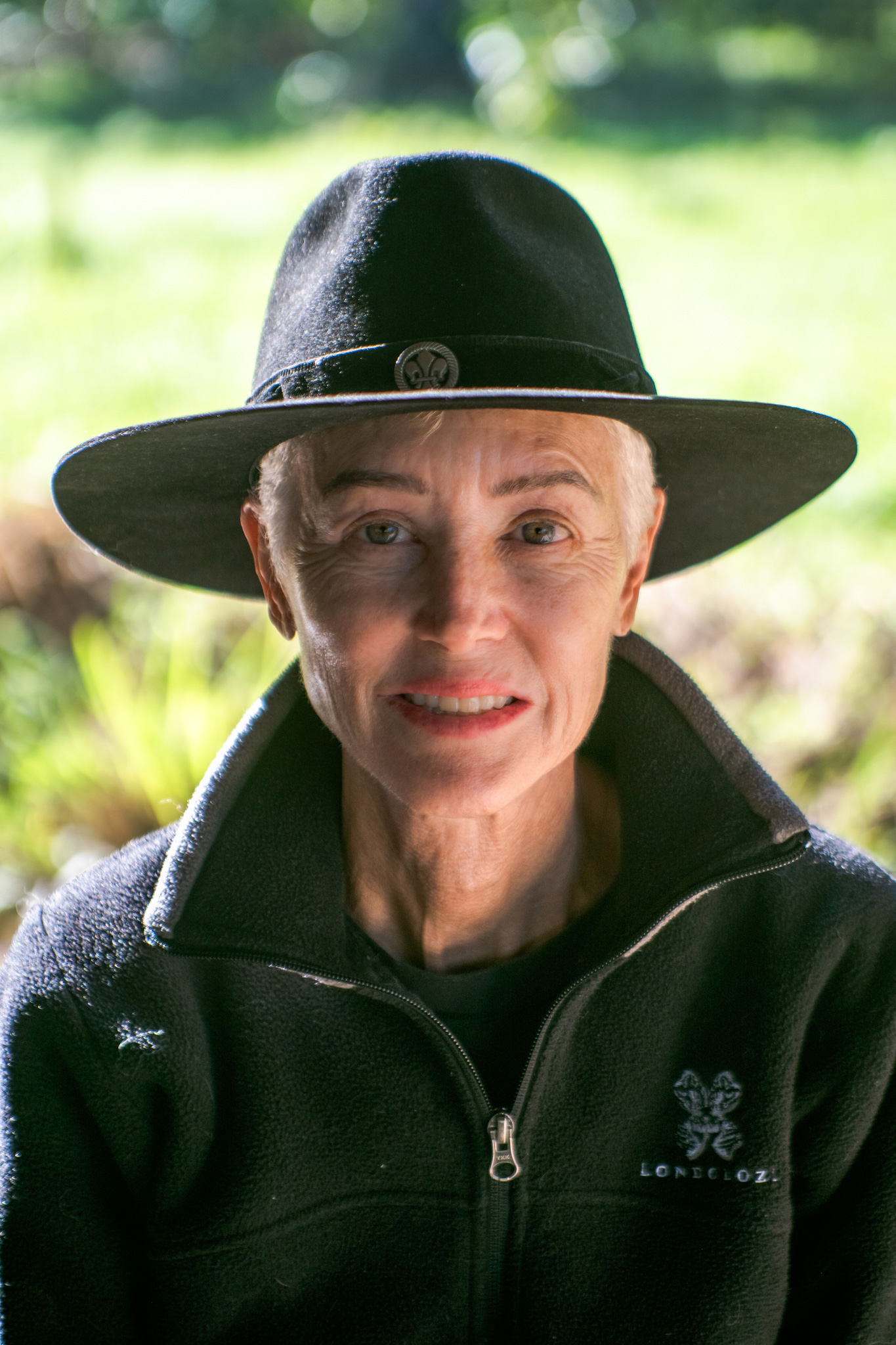Josefina Durini has always been passionate about nature and about 15 years ago, when she visited a farm in Barra do Piraí, Rio de Janeiro, she realized she had a mission. He bought that land, which was degraded, and recovered the whole area naturally, making part of the Brazilian Atlantic Forest come back.
“It was an abandoned farm and, at the time, I didn’t know anything about farming, but I kept learning, because I wanted it to have life again,” she says. He started planting coffee, taking up an old crop in the region, known as Vale do Café. Little by little, he began to produce a high-quality, totally organic product on his Alliança Agroecological Farm. “We do a small production because it’s all handmade,” says Josefina, who prefers to hire women to do the harvesting because they are more delicate. “It’s a few details that make our product different.”
Chef Onildo Rocha, from the Notiê and Abaru restaurants, was there to find out these details. He was at the farm during an expedition through the Atlantic Forest to get a closer look at Josefina’s work, which goes beyond coffee. She also works with dairy buffalo – she was the first in the state of Rio de Janeiro to do so, and today a buffalo hub has formed in the Barra do Piraí region.
Onildo was surprised by Josefina’s work and the wealth of her land. “Discovering all the diverse flavors of the Atlantic Forest is priceless,” he says, who has brought the Matas & Mares season, inspired by the Atlantic Forest, to his restaurant Notiê.



